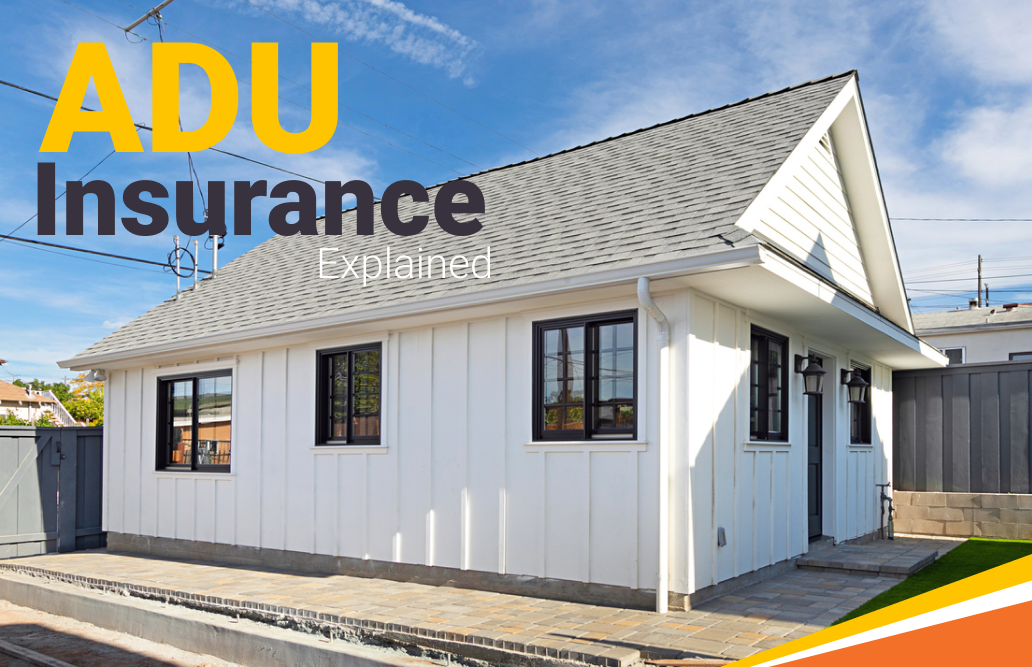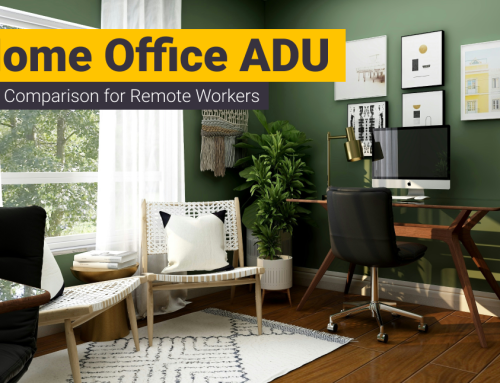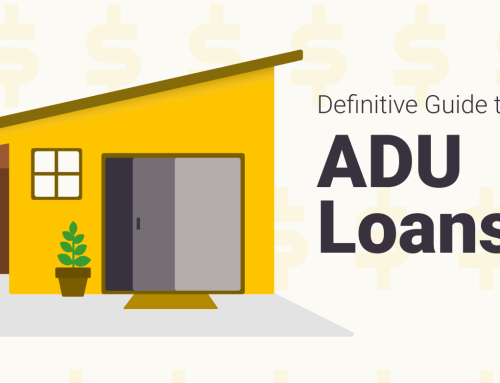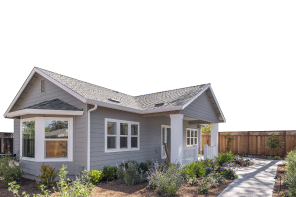Building an accessory dwelling unit (ADU) is a smart way to create extra living space, house family, or generate rental income. But while you’re busy thinking about design and construction, there’s one step homeowners often overlook.
Insurance.
Does your standard homeowners policy automatically cover your ADU, or do you need a separate policy altogether? The answer isn’t always straightforward.
Whether your ADU is covered by your existing insurance will depend on how it’s being used, how it’s structured, and the specific terms of your policy. For example, a unit rented to tenants often requires additional protection.
Let’s break down how insurers typically treat ADUs and when extra coverage is required.
How ADUs Fit Into Homeowners Insurance
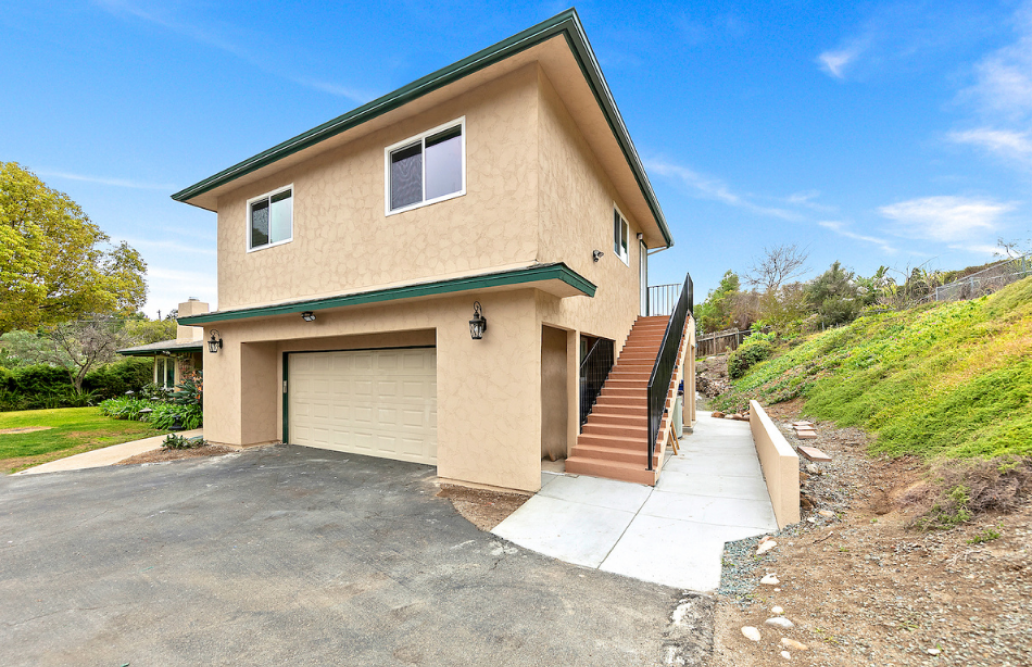
Homeowners insurance policies generally cover your primary residence, but coverage for an ADU depends on how it’s being used and whether it’s included in your policy.
While insurance policies will usually cover simple attached structures like garages and sheds, ADUs get a little tricky because of how complicated they are and the risks associated. A shed that only stores your old rusty gardening tools and Christmas decorations is a lot easier to rebuild than an ADU that is expected to comfortably house a resident. Because of these risks, insurers often set different standards for ADUs compared to non-livable structures.
Some insurance providers may automatically extend coverage to an ADU, while others require a separate policy or endorsement, especially if the unit is rented out. Policies can differ in what they cover, including damage to the structure, liability for accidents, and personal property inside the ADU.
Key points to consider:
- Rental use: If you plan to rent your ADU, most standard homeowners policies won’t cover rental-related risks. You may need a landlord or dwelling-fire policy to protect against tenant-related incidents.
- Coverage limits: Even if your ADU is included, check your policy limits. You want to ensure there’s enough coverage to rebuild or repair the unit if necessary.
- Endorsements and riders: Some insurers offer endorsements or separate policies specifically for ADUs, which can fill gaps in coverage for rental or detached units.
Before finishing construction or renting your ADU, talk to your insurance provider to confirm exactly what’s covered and whether additional coverage is needed.
Types of ADU Insurance
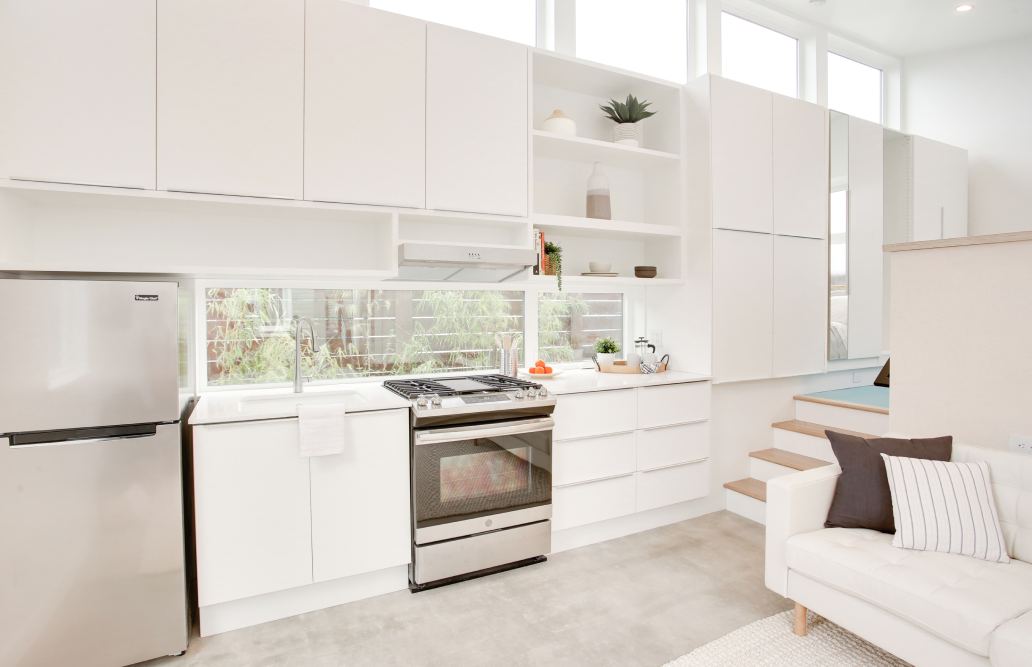
When it comes to protecting your ADU, there are a few different types of insurance to consider, depending on how you plan to use the unit.
Homeowners Insurance
If your ADU is primarily for personal use, housing family members, guests, or yourself, your existing homeowners insurance may cover it. This coverage generally protects against fire, theft, and liability, but limits and specifics can vary by policy.
When in doubt, always check with your provider to confirm whether your ADU is included.
Landlord Insurance
If you’re planning on renting out the ADU, standard homeowners insurance usually won’t cover rental-related risks. And as you’re probably aware, accidents can happen to anyone, so landlord insurance is a must.
In this case, landlord insurance (also called a dwelling-fire policy) is designed to protect rental properties. It can cover:
- Damage to the structure
- Liability for tenant injuries
- Loss of rental income due to covered events
We’ll cover more on this later.
And if you’re looking for more info on how to be top-tier landlord, check out Landlord Essentials: What to Know Before Renting Out Your ADU
Umbrella Insurance
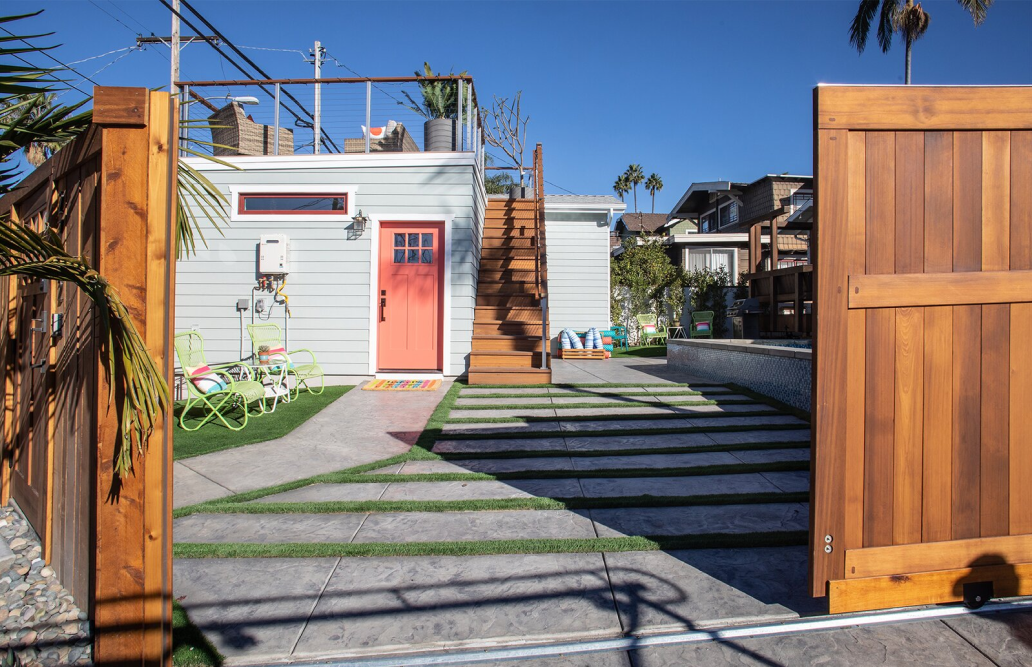
Umbrella insurance provides an extra layer of liability protection beyond what your homeowners or landlord policy covers. This is useful if you’re worried about major accidents on your property, such as slip-and-fall injuries, that could exceed the limits of your primary policies.
Think of umbrella insurance as the safety net for your ADU (and your entire property).
Umbrella policies don’t just cover your ADU; they often extend to other properties you own, and even certain personal liabilities, giving you peace of mind that one expensive accident won’t wipe out your savings.
It’s like putting an extra roof over your coverage, because while you can’t predict every misadventure, you can make sure you’re financially protected.
ADU Insurance for Short-Term Rentals
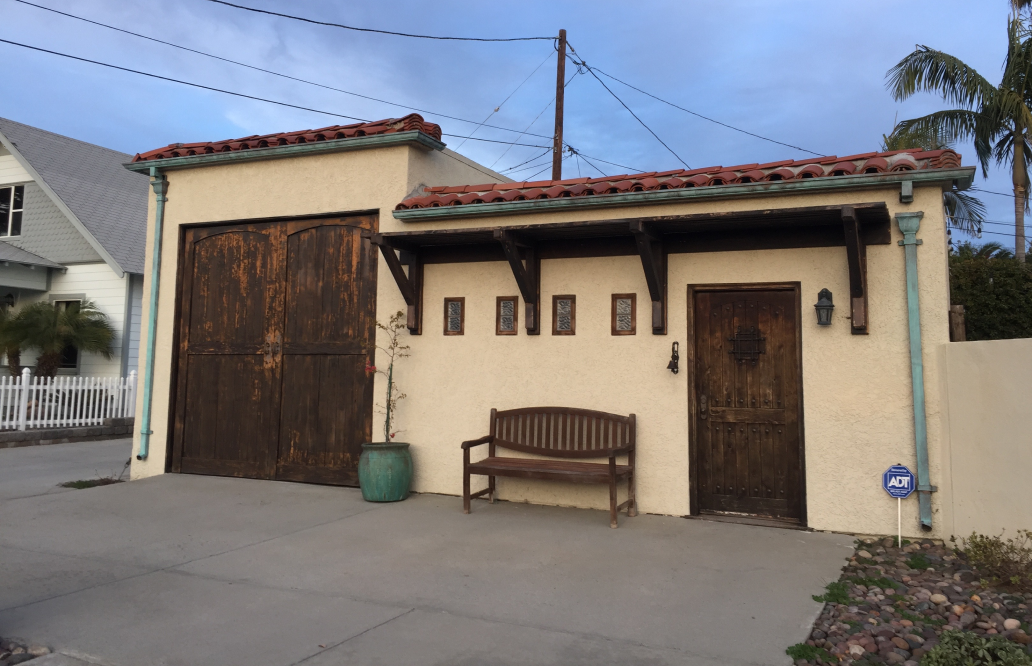
Renting out your ADU for short stays, through platforms like Airbnb, VRBO, or other vacation rental sites, can be a lucrative option. But short-term rentals come with unique risks that standard homeowners or even landlord insurance may not fully cover. That’s why having the right insurance is essential.
Quick tip before you proceed, check to make sure you are allowed to rent out your ADU as a short-term rental: Can You Airbnb Your ADU in California? Read This Before You Build
Short-Term Rental or Vacation Rental Insurance
Renting out your ADU for a few nights at a time is very different from a long-term lease. Guests come and go, belongings get used in ways you didn’t anticipate, and accidents can happen fast. That’s where short-term rental or vacation rental insurance comes in.
Property damage caused by guests: Whether it’s a spilled bottle of wine on your new hardwood floors or a broken window, this coverage helps get your space back in shape without draining your savings.
Liability for guest injuries: Guests can slip, trip, or even get a little too adventurous in your space. If someone gets hurt, this coverage helps protect you from costly medical bills or legal claims.
Loss of rental income: If a covered event, like a fire or storm, renders your ADU temporarily uninhabitable, this insurance can reimburse the income you’d have earned while it’s out of commission.
Landlord or Dwelling-Fire Policies with Short-Term Endorsements
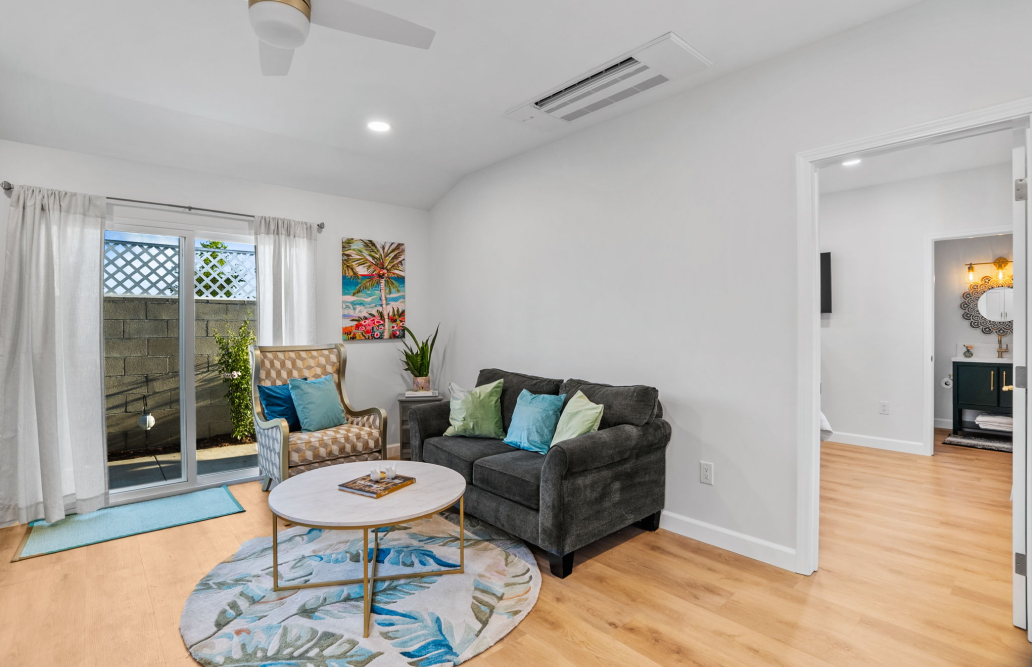
If you already have a landlord or dwelling-fire policy for your rental properties, it might not automatically cover short-term rentals. The good news: many insurers offer short-term rental endorsements that can be added to your existing policy.
These endorsements help cover the extra risks that come with short stays:
- Frequent guest turnover: More people coming and going means more opportunities for accidents or damage.
- Furnished units: Guests using your furniture, electronics, and kitchenware? Yep, that can lead to wear and tear or accidental breakage.
- Temporary occupancy: Short-term rentals often bring higher liability exposure than long-term leases, especially if multiple guests are staying at once.
Adding an endorsement can bridge the gap between your traditional landlord coverage and the unique risks of running a vacation rental. It’s like giving your existing policy a little booster shot to handle more chaos. Responsibly, of course.
Protect Your ADU and Peace of Mind
Insurance might not be the most glamorous part of building or renting out your ADU, but it’s one of the most important.
Building or renting an ADU comes with a lot of moving parts. Maxable can help you connect with vetted architects and general contractors in your area, so you can get expert guidance every step of the way.
Don’t navigate it alone. Book a free call with Maxable today and get matched with professionals who can help make your ADU project smooth, safe, and stress-free.

